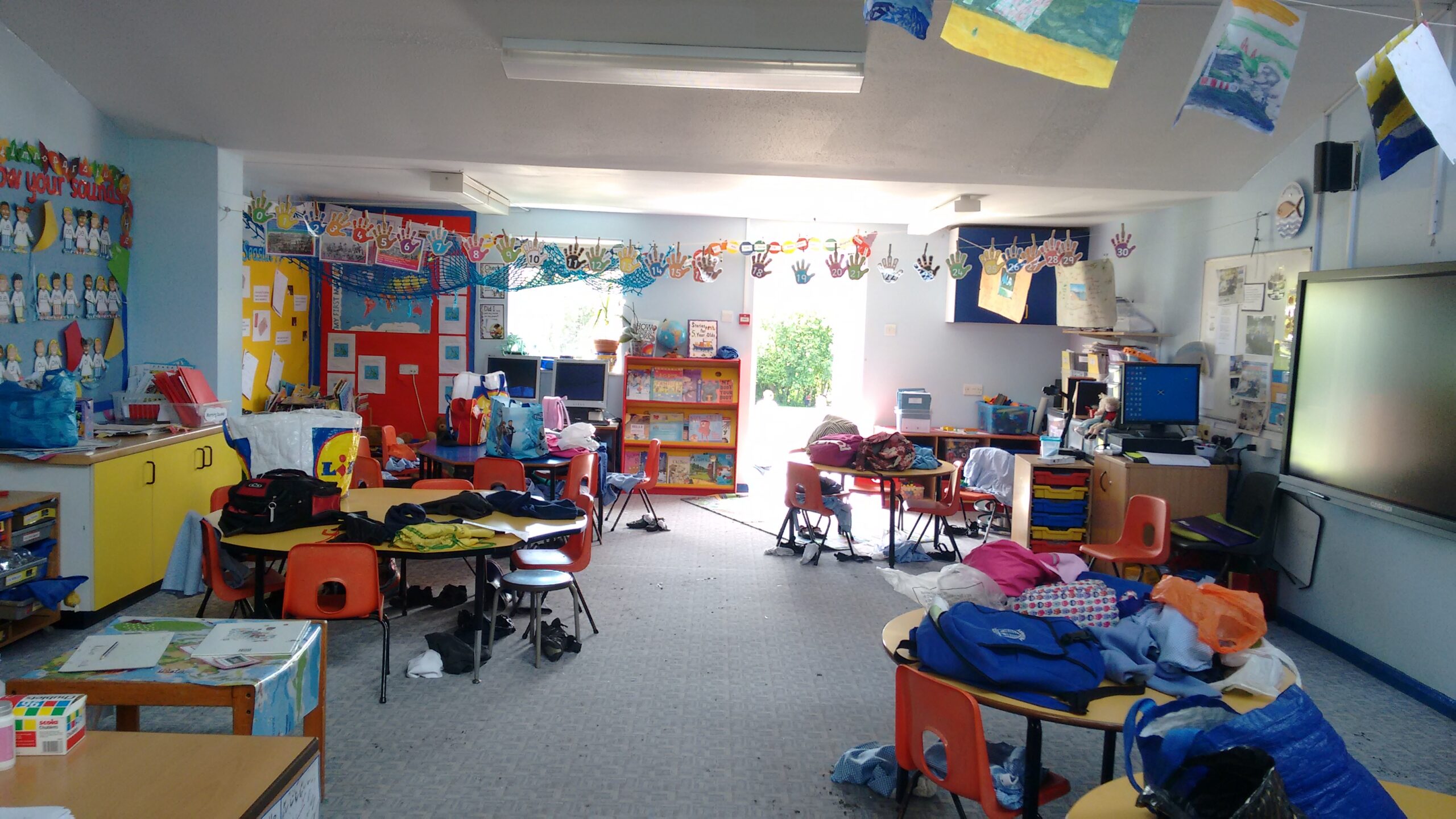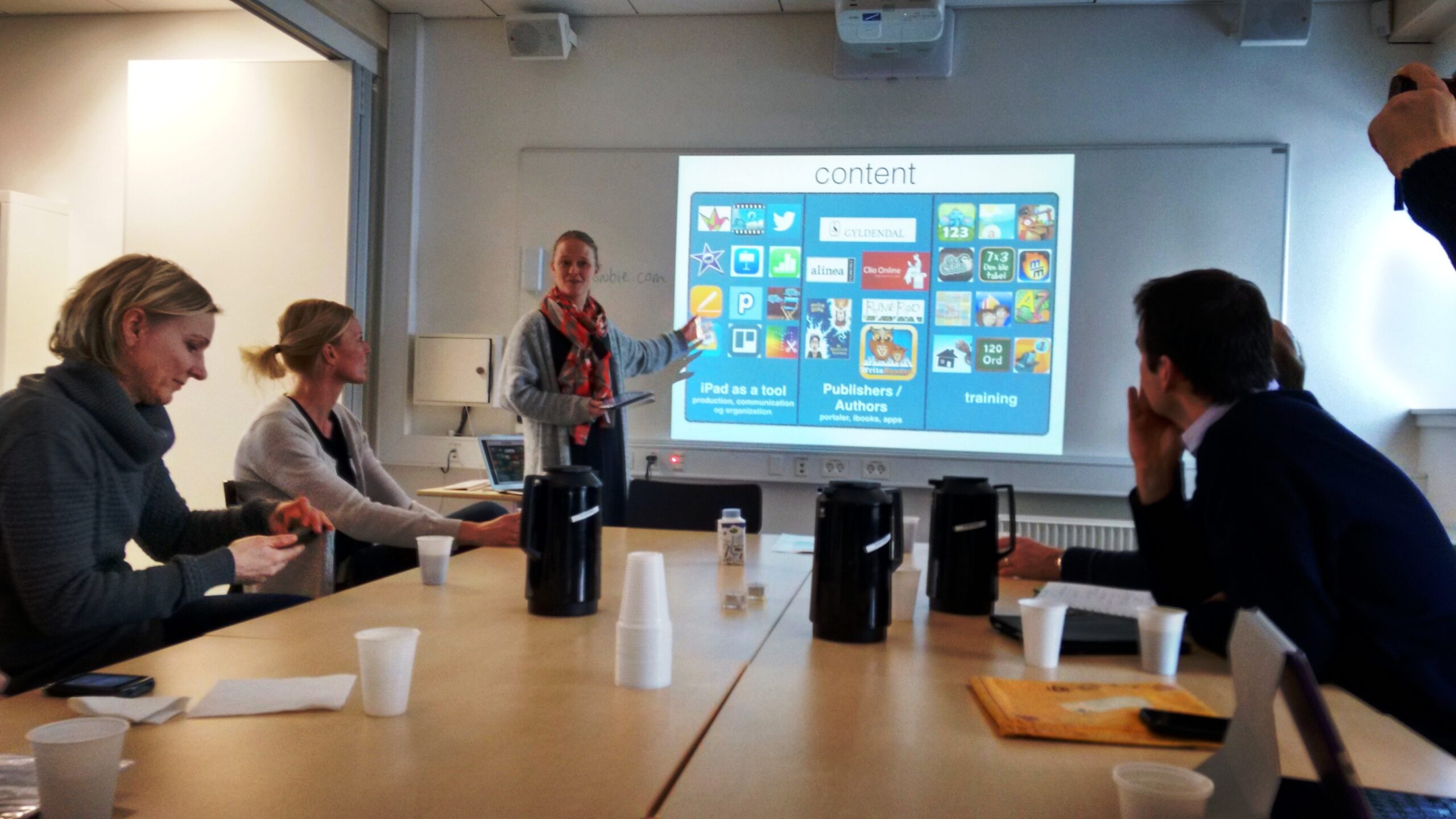
Alternative Agro-Food Supply Systems
November 28, 2024
PROJECTING EUROPEAN FUTURE
November 28, 2024Cloud Computing for School Networking & Learning
Project Summary
Many European regions, due to their geography, historical, work or other reasons, have many scattered villages with few people in them. Rural or island regions are typical examples of this situation.
In the last decade, member states, regional and local education authorities have placed emphasis on providing access to digital technologies and the Internet as well as bridging the digital literacy gap for schools with special challenges, including many rural schools. In order to ensure the right of all children from these areas to attend school and get the best education services possible, educational administrations provide different solutions.
In some cases, this has meant forcing students to travel every day to bigger towns to go to school. In others, small local schools have been kept alive with few students.
More than 14.4 million children live in rural areas in Europe, who have to receive compulsory education. These communities are given special protection in many areas of Europe, and one of the keys for this lies on the maintenance of basic services, such as education. Keeping children in local schools, at least in early schooling, assures a necessary bond between children and their home communities and help keep the rural communities alive and vibrant. This type of school, however, requires a special budget effort from educational administrations. Due to the small number of children at each school, it is a challenge for educational administrations to provide a quality, rich educational service for rural communities, while keeping costs in budget.
A key issue for this proposal is high-quality training of school education staff to enhance the quality of teaching and learning and to reinforce the European dimension of school education with the help of implementation of information and communication technologies. ICT in education processes is of high priority in the EU. Providing learning opportunities and ICT enhanced training also for teachers in small, isolated schools will impact positively on their skills and motivation to keep working in rural areas.
This project also focuses on providing an active ICT based learning community for rural schoolteachers, which will help to develop teachers’ skills and implement appropriate methodologies. Research specialists in rural education agree that this type of school requires specific training for teachers to be able to cope with grouping of students from different levels, maximizing the possibilities of personalized education that it can bring, using ICT for differentiation in the individual classroom as well as across classrooms – locally, regionally, nationally and internationally. ICT is a key to providing support, training and collaboration among these rural education teachers and specialists, so they can develop their careers and improve their daily teaching, focusing on the special values that an increased and collaborative use of ICT can offer.
This project aims to improve the quality of learning and teaching in small rural / dispersed schools in Europe, by exploring, adapting and improving several innovative European ICT based methodologies, that allow to respond to the different needs that teachers face when designing their classes, as well as in improving their professional competences.
This general goal will imply to:
- Analyse the situation of the participant regions in order to adapt and enhance the original technological and pedagogical approaches, in order to improve the quality of teaching and learning for both pupils, teachers and the educational community)
- Develop a flexible, rich and cost-effective solution based on the shared knowledge from ICT based solutions and initiatives in rural areas (Spain, Italy, Denmark, UK, Greece, FYROM).
- Experiment with various free online cloud based tools and social resource sites and their possibilities in the educational contexts where different levels and ages of students are found.
- Test meaningful educational possibilities in these new contexts, such as applying the solution to several educational levels (elementary, primary, secondary school), supporting live distance learning with remote teacher support, parallel teaching, co-operative creation of educational resources among students and teachers, etc.
- Boost students creativity by using a common cloud environment with online tools and resources where they can develop advanced ICT skills present in their leisure time (such as video editing, multimedia creation, communication in social networks…) and bring them to school.
- Strengthen the link between families and school through the cloud computing solution, by providing communication among teachers, parents and students, as well as support to parents to open the school activities to them, and supporting parents to share their children learning and collaborate with schools.
- Test and implement the ICT based pedagogical innovation in at least 2 schools in each country.
- Provide specific training to teachers oriented to use ICT to improve creativity and networked collaboration as well as providing guidance to support their students’ acquisition of such skills.
- Promote a connected community of practice at European level regarding learning in rural school context.
- Evaluate the experience thoroughly and extract practical lessons that can be useful for participant regions as well as other European regions that have similar needs.
- Find a common core and disseminate the lessons learned, open source software developed, and provide training materials for other regions to implement the solution.
Project duration: 2013 –2015
Partnership:
- Galicia Supercomputing Centre –COORDINATOR (SPAIN)
- University of Santiago de Compostela (SPAIN)
- Devon Local Authority (UK)
- Anaptyxiako Kentro Thessalias- AKETH (GREECE)
- VIA University (DENMARK)
- Provincia di Parma (ITALY)
- Institute for Integration (FYROM)





